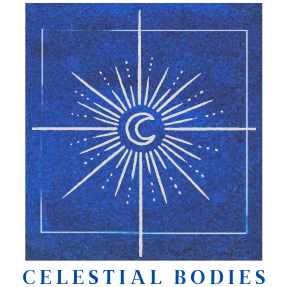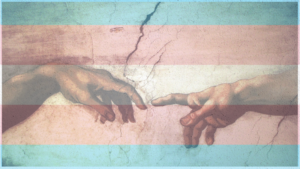“We will match your capacity to inflict suffering with our capacity to endure suffering. We will not hate you, but we cannot in all good conscience obey your unjust laws. And in winning our freedom we will so appeal to your heart and conscience that we will win you in the process.”
Martin Luther King as quoted in the Freedom Seder, April 4, 1969
The Freedom Seder was originally conducted 54 years ago on April 4th, 1969 on the first anniversary of the assassination of Martin Luther King Jr. It was written by Rabbi Arthur Waskow and shared in a Washington DC church basement with 800 people of mixed races and religions. In it, Waskow sought to incorporate Dr. Martin Luther King’s cautions regarding “the giant triplets of racism, extreme materialism, and militarism,” posing a threat to all life on earth. His Haggadah combined the traditional Moses story, retold in some form for thousands of years, with the words of modern-day activists, and the concerns of social justice. It throws a gauntlet to the collective – silence is simply not an option.
The 1969 Freedom Seder sparked a new tradition of Haggadah liturgy compelling a social justice agenda and affirming freedom for all people. In fact, just this week in Isreal, 19 authors collaborated to release a new Freedom Seder in protest of government tyranny. Here is an excerpt from Rabbi Waskow’s original Freedom Haggadah to inspire you to action:
How many and how hard are the choices and the tasks the Almighty has set before us!
For if we were to end a single genocide but not to stop the other wars that kill men and women as we sit here, it would not be sufficient;
If we were to end those bloody wars but not disarm the nations of the weapons that could destroy all mankind, it would not be sufficient;
If we were to disarm the nations but not to end the brutality with which the police attack black people in some countries, brown people in others; Moslems in some countries, Hindus in other; Baptists in some countries, atheists in others; Communists in some countries, conservatives in others, it would not be sufficient;
If we were to end outright police brutality but not prevent some people from wallowing in luxury while others starved, it would not be sufficient;
If we were to make sure that no one starved but were not to free the daring poets from their jails, it would not be sufficient;
If we were to free the poets from their jails but to train the minds of people so that they could not understand the poets, it would not be sufficient;
If we educated all men and women to understand the free creative poets but forbade them to explore their own inner ecstasies, it would not be sufficient;
If we allowed men and women to explore their inner ecstasies but would not allow them to love one another and share in the human fraternity, it would not be sufficient.




